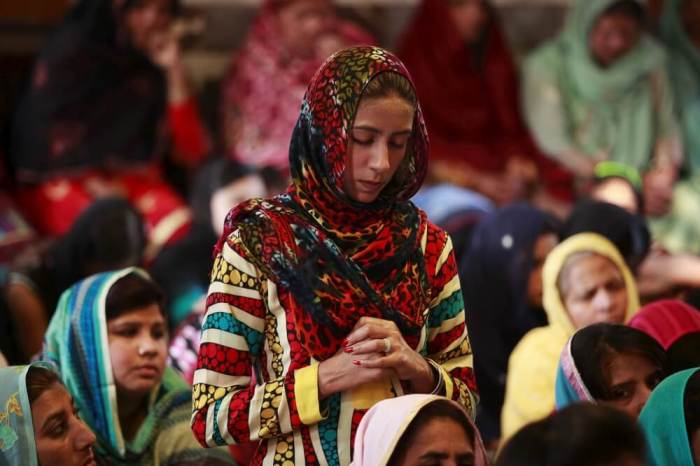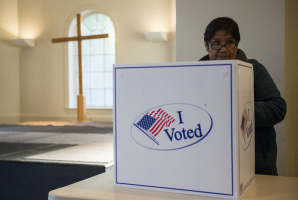Pakistan Province Bans Forced Conversions of Christian Girls to Islam

Lawmakers in Pakistan's Sindh Province have passed a law criminalizing forced conversions, acting on complaints by religious minorities, including Christians, that some Muslims have long been forcibly converting people of their communities, especially girls, to Islam.
The Sindh Criminal Law (Protection of Minorities) Bill of 2015 punishes anyone who forcibly converts a person of a religious minority with a prison sentence of up to five years, and up to three years for those who facilitate such conversion.
"Unequivocally, it is a great step taken by the Sindh government to protect the religious minorities," Nasir Saeed, the director of a U.K.-based group, the Centre for Legal Aid, Assistance and Settlement, said in a statement. "Though it will not stop the ongoing trend in society, it will help to reduce such crimes and it will also build confidence and a sense of security among the religious minorities."
The new measure seeks to prevent forced conversion of the underage as well as puts newly converted adults under observation for a period of 21 days "to ensure they are converting for religious purposes and by their own free will, not out of fashion or under force."
"Forced conversion is an abhorrent and violent offence and an issue that has become prevalent across Sindh [that] must be eliminated by recognizing the importance of tolerance, peace and respect for all religions and persons, irrespective of their religion," the bill reads.
Forced marriages and conversion to Islam of girls and women belonging to religious minorities are prevalent in Pakistan, according to the Movement for Solidarity and Peace, which said earlier that around 700 Christian women are forced to embrace Islam every year.
"The police do not normally take action in such cases, fearing the reaction and pressure from the Muslim community, but now they will have to take action," Saeed said.
Some Muslims seek to forcibly convert through pressure, force, duress or threats — physical, emotional or psychological, said CLAAS, which works for the persecuted Christians and other minorities in Pakistan.
CLAAS is calling on other states in Pakistan to follow suit, based on the recommendations of the country's Senate Standing Committee on Religious Affairs, which declared forced conversion to Islam "un-Islamic" in June.
The committee has urged the federal government to adopt a comprehensive mechanism for the protection of women of minority communities, and directed the federal and provincial governments to draft legislation which would curb the practice.
A law regulating religious conversions is also in place in some states in neighboring India. However, those laws are intended to prevent minorities from converting members of the majority Hindu community. Christians in India have protested the legislation, saying it seeks to stop evangelism and also make it difficult for people to convert to another religion even if it they are doing so voluntarily.




























